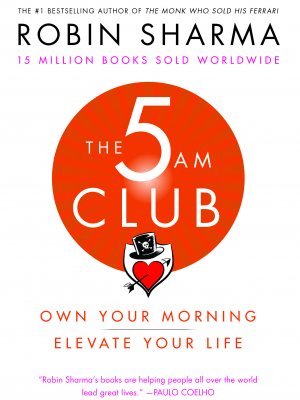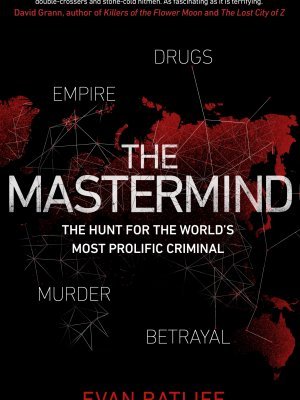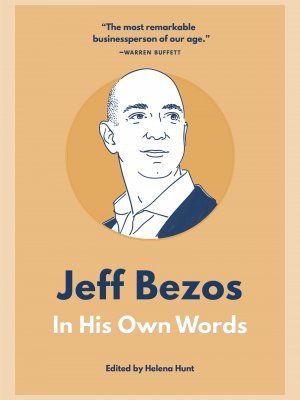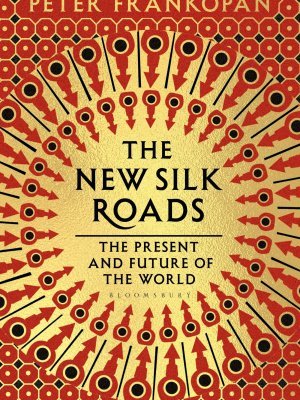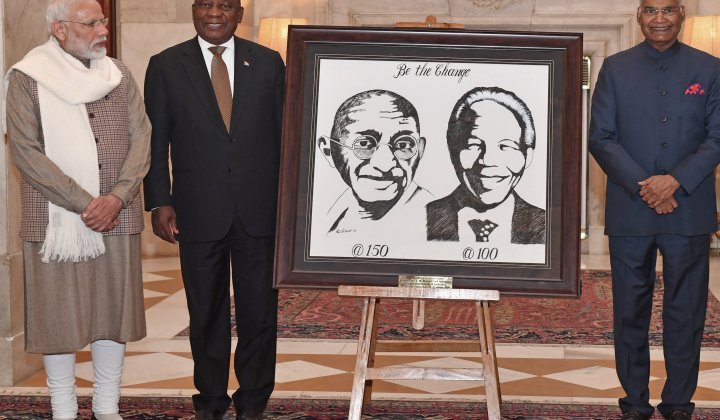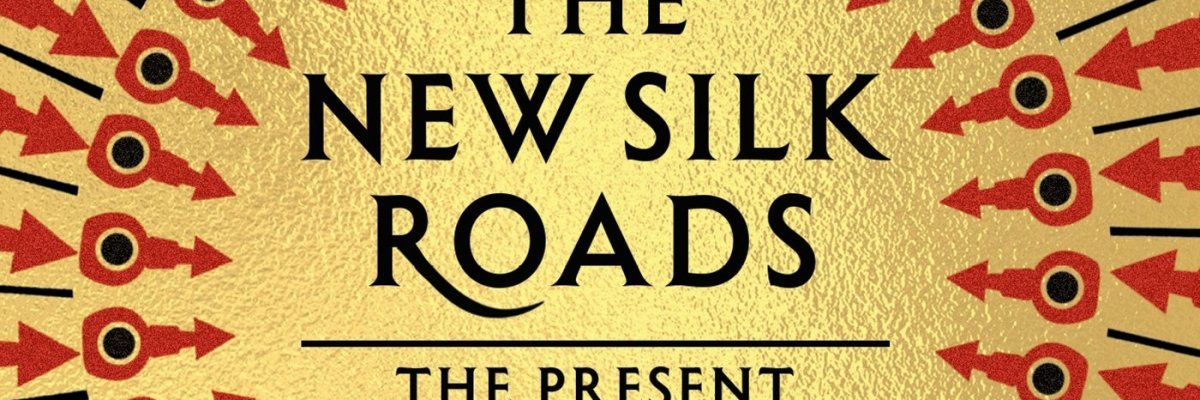
The New Silk Roads – The Present and Future of the World – Peter Frankopan – Bloomsbury – R315
In 2015, Oxford historian Peter Frankopan published The Silk Roads, which he described as "A New History of The World". At its heart lay the thesis that much of human development and civilisation had its origins not in Western Europe, but in the ancient cities and capitals of the East, like Beijing, Kashgar, Samarkand and Constantinople. These, and many others along the way, said Frankopan, had been connected by the ‘Silk Roads’, a term coined by the German geographer Ferdinand von Richthofen in the late 19th century “to describe the networks of exchange linking Han-dynasty China with the world beyond.” His conclusion: the balance of history had swung back and the 21st century would belong to Asia.
The New Silk Roads, which Frankopan describes as ‘a sibling’ to the first volume, takes that conclusion and expands upon it. China is very much centre stage, with President Xi Jinping’s Belt and Road strategy. (Curiously, the Belt part refers to the overland trade routes, the Road to sea-borne trade.) Frankopan examines China’s recent investments across the region as well as the influence of lesser but still important players like Iran, Saudi Arabia and Turkey. Equally important, the role of Russia – always an important historical figure and equally so in the modern world – and the response to all of this by the USA.
Why is any of this important? Put simply, South African business has always traded across the world, ‘punching above its weight,’ as GIBS’ founder, Professor Nick Binedell is wont to say. But that world is changing rapidly, according to Peter Frankopan, and if we are to continue to prosper in it, we need to understand why, where and how. The New Silk Roads should be your guidebook.

Jeff Bezos: In His Own Words – Helena Hunt – PGW – R285
Worth some $150 billion, which makes him by far and away the richest man on the planet, you would think that Amazon founder Jeff Bezos ought to be a fountain of deeply inspirational wisdom, quotable epithets and juicy bon mots. If Helena Hunt’s selection of Bezos’s words is a fair representation of the subject’s sayings, the reverse is true: he is almost alarmingly prosaic and matter-of-fact. Dull, even.
I say ‘almost’ because if you read this book at a sitting – which it’s quite possible to do – one clear theme emerges. It is Bezos’s obsession with customers. For Amazon, the customer and customer experience are first, last and everything in between. “You want to spend 70 percent of your time building great customer experience and 30 percent of your time shouting about it,” he told talk show host Charlie Rose back in 1999. Nothing has changed since.
One often-overlooked fact about Bezos is his aversion to PowerPoint presentations and his insistence that meetings begin with the silent reading of a detailed memo about the topic or topics up for debate: “All of our meetings are structured around a six-page narrative memo, and when you have to write your ideas out in complete sentences and complete your paragraphs, it forces a deeper clarity of thinking.”
It’s a technique to be recommended highly and I’m surprised that more companies have not copied it.
Also to be lauded is Amazon’s ability to think long term: “If we needed to see meaningful financial results in two to three years, some of the most meaningful things we’ve done we would never have even started.” It helps to have the strength of Amazon’s balance sheet, but that strength could only have been developed by a long-term vision in the first place.
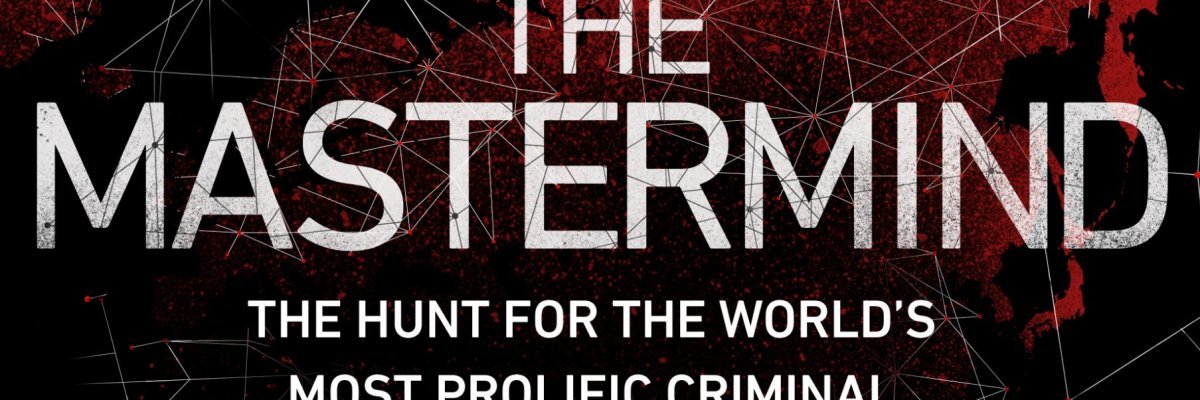
The Mastermind – Evan Ratliff – Bantam Press – R320
Paul Calder Le Roux. Does the name ring a bell? No? Not with me either, but perhaps it should, because Paul le Roux was for a while one of the most successful criminals in the world. Born in Bulawayo, Zimbabwe, Le Roux grew up there until his family moved to Krugersdorp, west of Johannesburg. In his late teens, it became clear that he had a prodigious affinity for computer programming. He dropped out of school, did several programming courses in record time and hopped onto a plane to London.
Fast forward a decade or so and Le Roux now has a multi-million-dollar, Internet-enabled empire exploiting loopholes in the laws of various US states and selling prescription drugs online. He’s based in Manila, in the Philippines, using tech-savvy Israelis to run his operations and he boasts that he can bribe or buy any kind of protection in that country, right up to the presidential palace.
But as the opioid epidemic tightens its grip on America and, in turn, the laws change, Le Roux diversifies into hard drugs like Colombian cocaine and North Korean-made methamphetamine. He’s also refined a taste for violence, including multiple murders of people he thinks might have cheated him.
Journalist Evan Ratliff spent four years digging into Le Roux’s story, trying to penetrate the firewalls of silence, fear and intimidation that surrounded his shadowy subject. In doing so, he lays bare the workings of the US justice system and reveals how difficult it can be to track Internet-based crime, especially when it’s being perpetrated by a programming genius. For anyone involved or interested in corporate IT security, this is a must-read.
At the time of writing, Calder is in the United States, awaiting sentencing for a long list of crimes. Amazingly, at the time of his arrest in 2014, he immediately turned state witness and began co-operating with the authorities, selling out his own underlings.
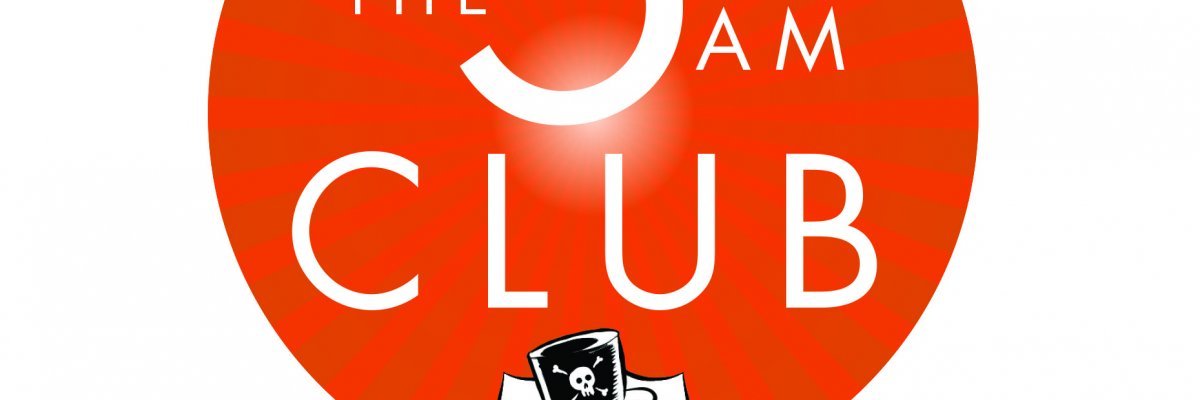
The 5AM Club – Robin Sharma – HarperCollins – R270
Described as “one of the world’s top leadership and personal optimisation advisers”, Robin Sharma has sold a very large number of books, including the one which made his name, The Monk Who Sold His Ferrari.
The latest is The 5AM Club, which sets out in more than 300 pages why it’s a good idea to rise at 5AM, and spend the next hour exercising, meditating or reflecting, and learning in roughly 20-minute units. It’s a formula, he says in the introduction, that is based on a concept that “I’ve been teaching to celebrated entrepreneurs, CEOs of legendary companies, sports superstars, music icons and members of royalty – with extraordinary success – for over twenty years.” That sentence is a clue to Sharma’s style – plenty of hyperbole, flights of fancy and a plot line, if I can call it that, which involves four heavily over-drawn characters: the Spellbinder, the Billionaire, the Artist and the Entrepreneur.
For my taste, stylistically, it’s too close to a bad Mills & Boon bodice-ripper. However, Sharma’s sales figures and the fact that he has been translated into 92 languages indicate that there are a great number of people who would disagree with that opinion. And here’s the thing: behind the heavily ornamented structure of the book lies some very sound advice: get up earlier than your peers – do some hard exercise almost immediately because your brain and body like it. Reflect on your work and life; never stop learning. Great achievement is not easy and requires hard work and dedication. Beware of digital distraction.
These practices may or may not deliver “genius-grade productivity”, as the book’s publicity handout claims and whatever that is. But it’s very hard to fault Robin Sharma’s fundamental message. If you’re already a fan, I’m sure you’ll love The 5AM Club. If not, look behind the hokey style – you might just discover some very good advice indeed.


